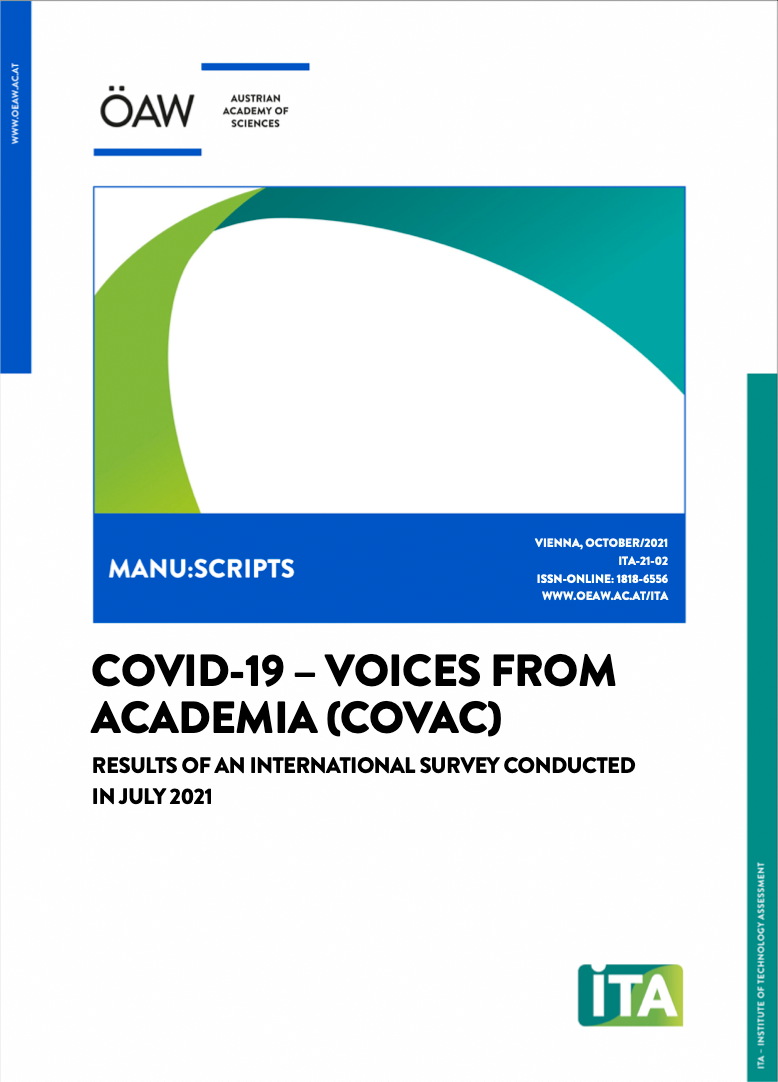
ITA manu:scripts, pp. , 2001/12/31

Modern societies are vulnerable. We have known this long before the attacks of September 11, but they made it clear to everyone. The second lesson learned was that it is impossible to foresee such events. Although these attacks to the real world were low-tech, now there are attempts around the globe to control especially the electronic or virtual world. However, does more surveillance really lead to more security? If so, what will be the price we have to pay? This paper gives an overview over what happened on a governmental level after September 11 in the EU, in some EU-member states and in the USA. Apart from political actions, we already face even direct socio-economic implications as some anonymizer services were shut down. They empowered Internet users to protect their right of privacy, and they were the first targets of investigation and suspicion. Shutting down these services reduces the potential room of users to protect their privacy by using privacy enhancing technologies (PETs). This is an indicator for a serious societal problem: democracy already has changed. In a second part this paper analyses the relationship between surveillance and security. It is argued that, the international over-reactions will not lead to the intended effects. Rather, they will have long-term implications for the respective societies.